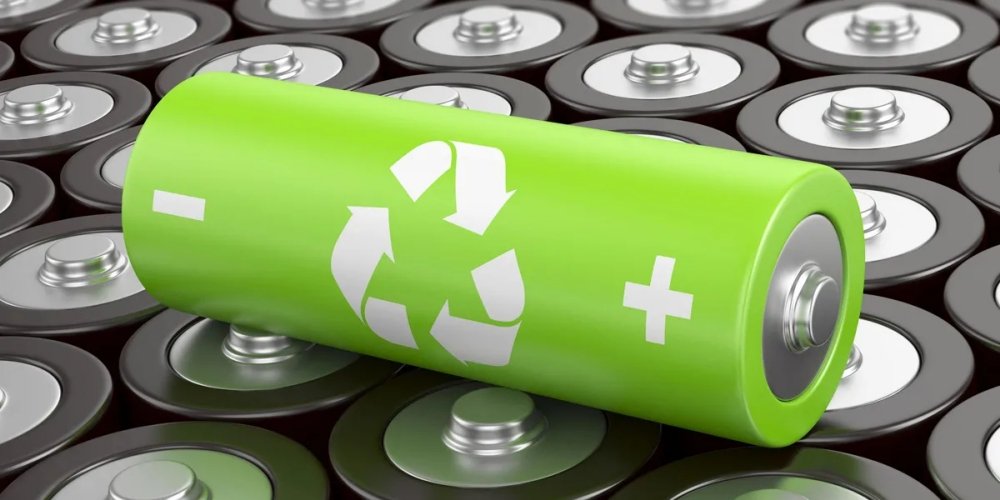Apparently there is a serious problem with them batteries of lithium (Li) ions used in electric cars and for energy storage. The BBC he says that the most widely used methods for recycling batteries don't work nearly as well as Li batteries are "bigger, heavier, much more complicated and even dangerous if disassembled incorrectly".

In an average battery recycling plant, its parts battery they are ground into powder and then this powder is either melted (pyrometallurgy) or dissolved in acid (hydrometallurgy).
But lithium-ion (Lithium-Ion) batteries are made up of many different parts that could explode if not carefully disassembled. Even when lithium batteries are damaged in this way, the products they are not easy to reuse.
"The current method of shredding everything and trying to clean a complex mixture leads to expensive procedures for low-value products," says Andrew Abbott, a physicochemist at the University of Leicester.
The result is that their recycling costs more than the extraction of lithium for the construction of new ones. Also, due to the fact that there are no cheap ways to recycle Li batteries, only about 5% of lithium ion batteries are recycled worldwide, which means that all the rest ends up somewhere.
The article states that there are many laboratories working to develop more efficient and environmentally friendly ways to recycle lithium batteries.
Disassembly of lithium batteries is currently done mainly by hand, something that will have to be changed to reduce costs.
"In the future, we will need more technology in disassembly," says Abbott. “If a battery is assembled using robot, it should be able to be disassembled in the same way”.
Abbott's team at the Faraday Institute in the United Kingdom is investigating the robotic disassembly of Li batteries as part of the ReLib project, which specializes in recycling and reusing lithium batteries.
The team seems to have found a way to faster recycle the ascent and descent using an ultrasound detector, "like the one your dentist uses to clean your teeth," says Abbott.
"It focuses the ultrasound on a surface and creates tiny bubbles that explode and eject the coating from the surface."
This procedure does not require manual separation of the battery components. According to research by Abbott's team, this method of ultrasonic recycling can process 100 times more material at the same time than a traditional hydrometallurgical method. He also states that it can be done at a lower cost (half) than the cost of creating a new battery from new material.
Another idea - the complete replacement of lithium ion batteries with something more environmentally friendly:
"Many batteries today are not recycled due to the relative cost of energy and labor," says Lutkenhaus.
"Batteries that are deactivated on demand can simplify or reduce recycling costs. Finally, these products could be reconstituted again in a new battery, closing the life cycle of the materials. ”
It's a new argument, given that even if a lithium battery is disassembled and its parts repaired, there will still be some components that can not be saved and become waste. A battery like the one the Lutkenhaus team is preparing could be a more sustainable source of energy.





